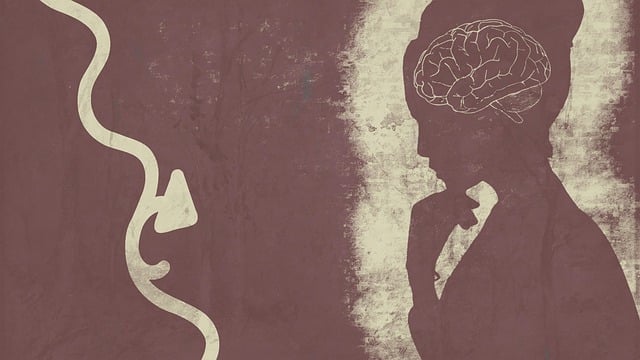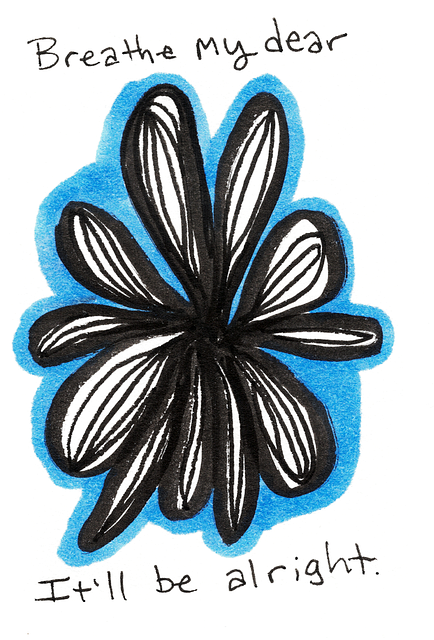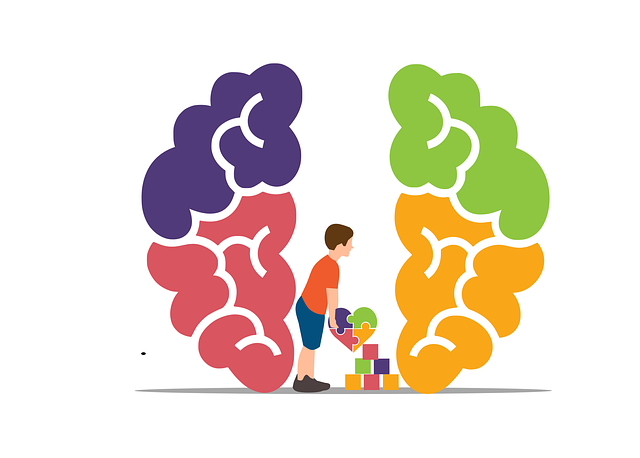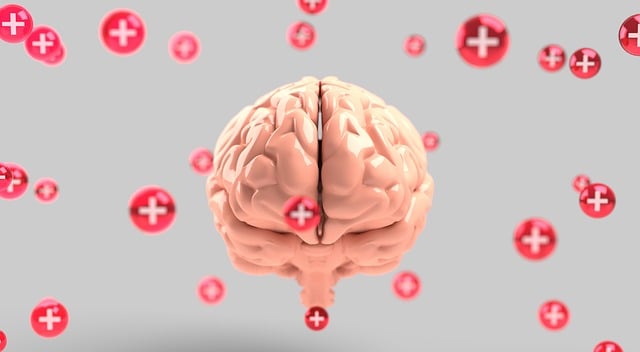Major life transitions can be emotionally challenging, but recognizing them as normal and adopting supportive practices like therapy, compassion cultivation, and journaling can significantly enhance mental wellness. Journaling serves as an effective therapy for major life transitions, offering a safe space for reflection, self-awareness, emotional regulation, and tracking progress. By incorporating prompts tailored to emotions, thoughts, experiences, and goals, individuals cultivate resilience, navigate uncertainty, and build inner strength during times of change. This practice combines mental health awareness with self-care routines, fostering overall well-being and effective risk management for both individuals and professionals.
Unsure where to begin navigating life’s transitions? Mental wellness journaling offers a powerful therapy for processing major life changes. This article guides you through understanding the impact of these shifts on mental health, highlighting the therapeutic benefits of journaling as a coping mechanism. We’ll walk you through setting up your own mental wellness journal and provide effective techniques tailored to processing transitions. Plus, discover how incorporating self-care practices can enhance your journaling routine for holistic well-being.
- Understanding Major Life Transitions and Their Impact on Mental Wellness
- Benefits of Journaling as a Therapeutic Tool
- Setting Up Your Mental Wellness Journal
- Effective Journaling Techniques for Processing Transitions
- Incorporating Self-Care Practices into Your Journaling Routine
Understanding Major Life Transitions and Their Impact on Mental Wellness

Major life transitions, such as moving to a new city, starting a new job, or experiencing the loss of a loved one, can significantly impact our mental wellness. These events often bring about a mix of emotions—from excitement and optimism to anxiety and sadness. Understanding that these transitions are normal and inevitable is the first step towards navigating them with grace.
Therapy for major life transitions can be incredibly beneficial in helping individuals process their feelings and develop coping strategies. Compassion cultivation practices, self-awareness exercises, and mental health awareness have all been shown to support people in adjusting to change. By fostering a sense of self-compassion and understanding, these tools enable individuals to embrace the uncertainty that comes with transition while cultivating resilience and inner strength.
Benefits of Journaling as a Therapeutic Tool

Journaling has emerged as a powerful therapeutic tool for navigating major life transitions and promoting emotional well-being. By putting pen to paper, individuals can process their thoughts, emotions, and experiences in a way that is often more introspective and reflective than talking alone. This simple yet profound act of self-expression allows for deeper understanding and processing of life events, helping to build resilience against stress and adversity.
Through consistent journaling practice, people can develop effective coping mechanisms and gain valuable insights into their emotional patterns. Moreover, it fosters cultural sensitivity in mental healthcare practices by encouraging individuals to articulate their unique experiences and perspectives. This self-exploration can lead to a greater sense of agency, improved decision-making, and enhanced overall mental wellness. Journaling serves as a safe space for individuals to document their journey, track progress, and celebrate small victories during challenging life transitions.
Setting Up Your Mental Wellness Journal

Starting a mental wellness journal can be an incredibly powerful tool during major life transitions, offering a safe space for reflection and self-exploration. Your journal is a personal companion that facilitates therapy and healing. To set it up effectively, begin by choosing a quiet moment when your mind feels receptive. Select a physical notebook or a digital document that suits your preference; some people find the tactile experience of writing beneficial. Create sections tailored to different aspects of your life, such as emotions, thoughts, experiences, and goals. This organizational approach enables you to easily track your mental health progress over time.
Consider incorporating prompts like “What am I grateful for today?” or “What challenges did I face and how did I overcome them?” to cultivate a positive mindset. The act of journaling encourages self-awareness and helps identify patterns in your emotional responses, especially during stressful transitions. This practice aligns with the Mind Over Matter principles, showcasing the power of self-reflection in managing mental health, which is relevant for both personal development and Risk Management Planning for Mental Health Professionals. Additionally, it can serve as a valuable resource for Mental Health Policy Analysis and Advocacy, highlighting individual experiences to inform broader discussions on mental wellness.
Effective Journaling Techniques for Processing Transitions

Journaling is a powerful tool to navigate and process major life transitions, offering a safe space to explore emotions, reflect on experiences, and gain clarity during times of change. Effective journaling techniques for transitions involve setting specific intentions, such as processing grief, adjusting to new circumstances, or cultivating resilience. By incorporating prompts like “Describe your current emotional state” or “List the challenges you’re facing and potential solutions,” individuals can engage in meaningful self-reflection.
This practice facilitates crisis intervention guidance by helping individuals identify triggers, process trauma, and develop coping mechanisms. Moreover, consistent journaling supports resilience building through regular self-assessment and the tracking of personal growth. Over time, it aids in establishing a structured self-care routine development for better mental health, providing an outlet for expression, a record of progress, and a source of comfort during transitions.
Incorporating Self-Care Practices into Your Journaling Routine

Incorporating self-care practices into your journaling routine can significantly enhance its therapeutic benefits, especially during major life transitions. Dedicate time each day or week to reflect on and nurture your emotional well-being. Simple acts like mindful breathing exercises or short meditation sessions before you begin writing can help calm your mind, making it easier to process thoughts and feelings honestly.
Journaling provides a safe space for emotional regulation; it allows you to identify triggers, track progress, and celebrate milestones in your mental health journey. By incorporating self-care routines, you create a holistic approach to therapy—one that supports not just your mental health awareness but also your overall resilience during challenging life transitions. This practice can be particularly beneficial if you’re managing stress or anxiety related to significant changes, as it encourages self-compassion and emotional processing.
Mental wellness journaling can serve as an effective therapy for major life transitions, offering a safe space to process emotions and gain clarity. By incorporating self-care practices into your journaling routine, you can enhance your overall mental well-being and cultivate resilience. Remember, consistent reflection and self-exploration through this powerful tool can lead to profound personal growth and a more fulfilling life journey.














